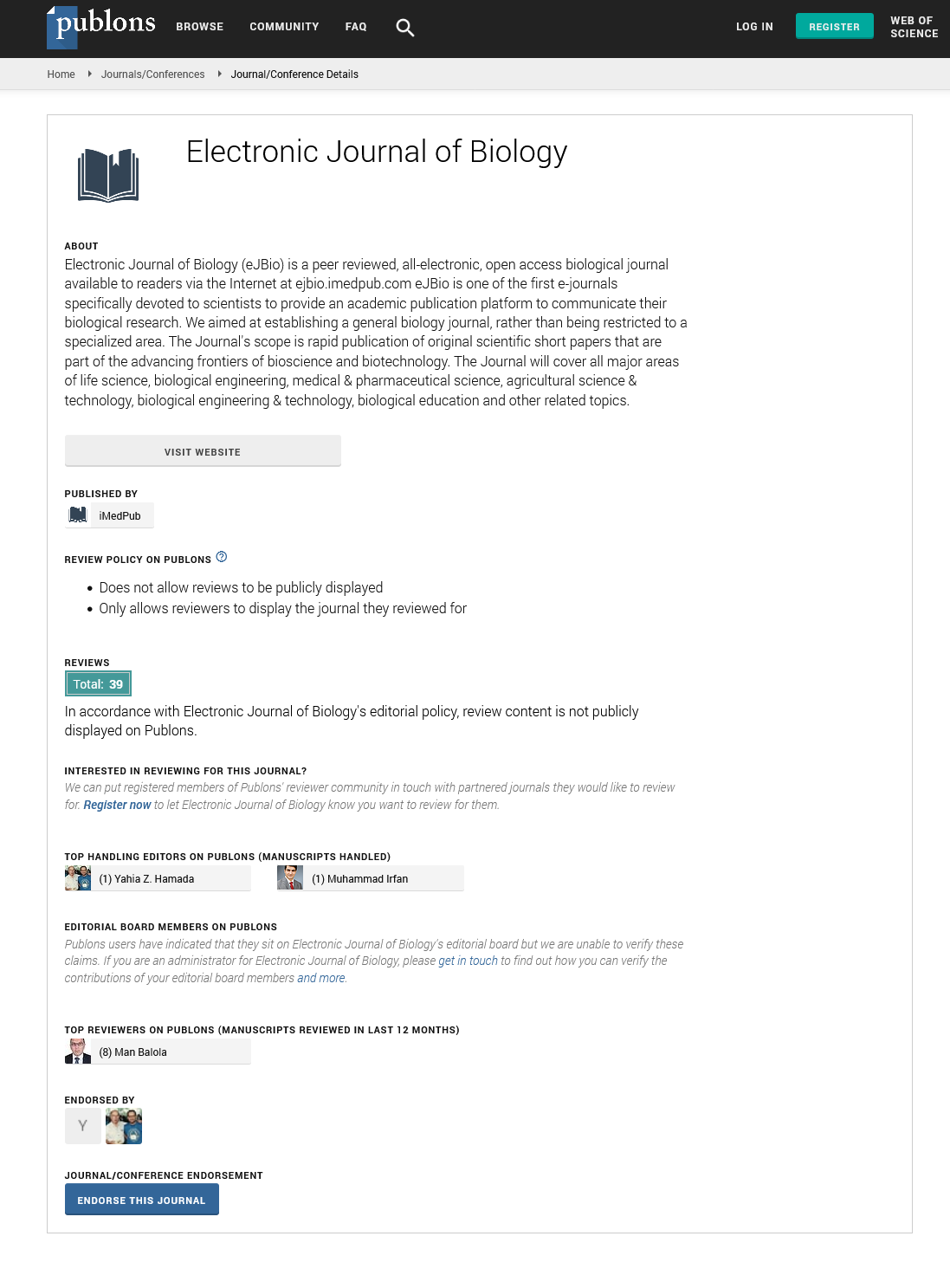Abstract
Study of Non-native Fish in the Rivers of Tehran Province
Background: Invasive non-native species are non-native animals or plants that have the ability to spread, causing damage to the environment, the economy, our health, and the way we live. The freshwater ecosystems of IRAN are an enriched habitat for different endemic fishes which are valuable in many aspects. More than 202 valid species are reported from inland waters of Iran of which 39 are endemics and 23 are exotics. There are many reasons for introductions: reservoir stocking programs, aquaculture, sport fishing, control of disease vectors, and the pet trade. Known impacts of exotic fishes include native species extinction, changes in competition and predation rates, immunological perturbations, the introduction of diseases and parasites, hybridization with native species, and changes in fisheries composition.
Methods: Research in the field of inland marine waters, environmental status, and attention to the management of rivers and aquatic are fundamental. For this purpose, ecological and biological studies, as the most basic viable studies, on every living thing prepares the ground for environmental and fisheries goals. Concerning this issue in this research, it has been tried to study the four rivers, Jajrud, Lar, Hableh Rud, and Nimrud.
Result: After conducting research, the results of this study showed that seven species of non-native fish belonging to the families of salmonoid, Cyprinidae and Loach fish were caught and identified in the rivers of Tehran province and also, the results of this study led to the identification of 7 non-endemic fish species of 6 gender and three families in these zones.
Conclusions: They threaten our native plants, animals, and habitats, often by displacing native species and dominating habitats. The solution to these problems must involve the following: (1) better enforcement of legislation governing the sale and transport of live organisms, (2) development of native-species aquaculture.
Author(s):
Razieyh Barzegar*, Siamak Yousefi Siahkalroodi , Asghar Abdoli , Fatameh Alirezaie
Abstract | Full-Text | PDF
Share this

Google scholar citation report
Citations : 5001
Electronic Journal of Biology received 5001 citations as per google scholar report
Electronic Journal of Biology peer review process verified at publons
Abstracted/Indexed in
- Google Scholar
- China National Knowledge Infrastructure (CNKI)
- CiteFactor
- Electronic Journals Library
- Zoological Records
- WorldCat
- Proquest Summons
- Publons
- MIAR
- Openaccessarticles.com
- Secret Search Engine Labs
Open Access Journals
- Aquaculture & Veterinary Science
- Chemistry & Chemical Sciences
- Clinical Sciences
- Engineering
- General Science
- Genetics & Molecular Biology
- Health Care & Nursing
- Immunology & Microbiology
- Materials Science
- Mathematics & Physics
- Medical Sciences
- Neurology & Psychiatry
- Oncology & Cancer Science
- Pharmaceutical Sciences


